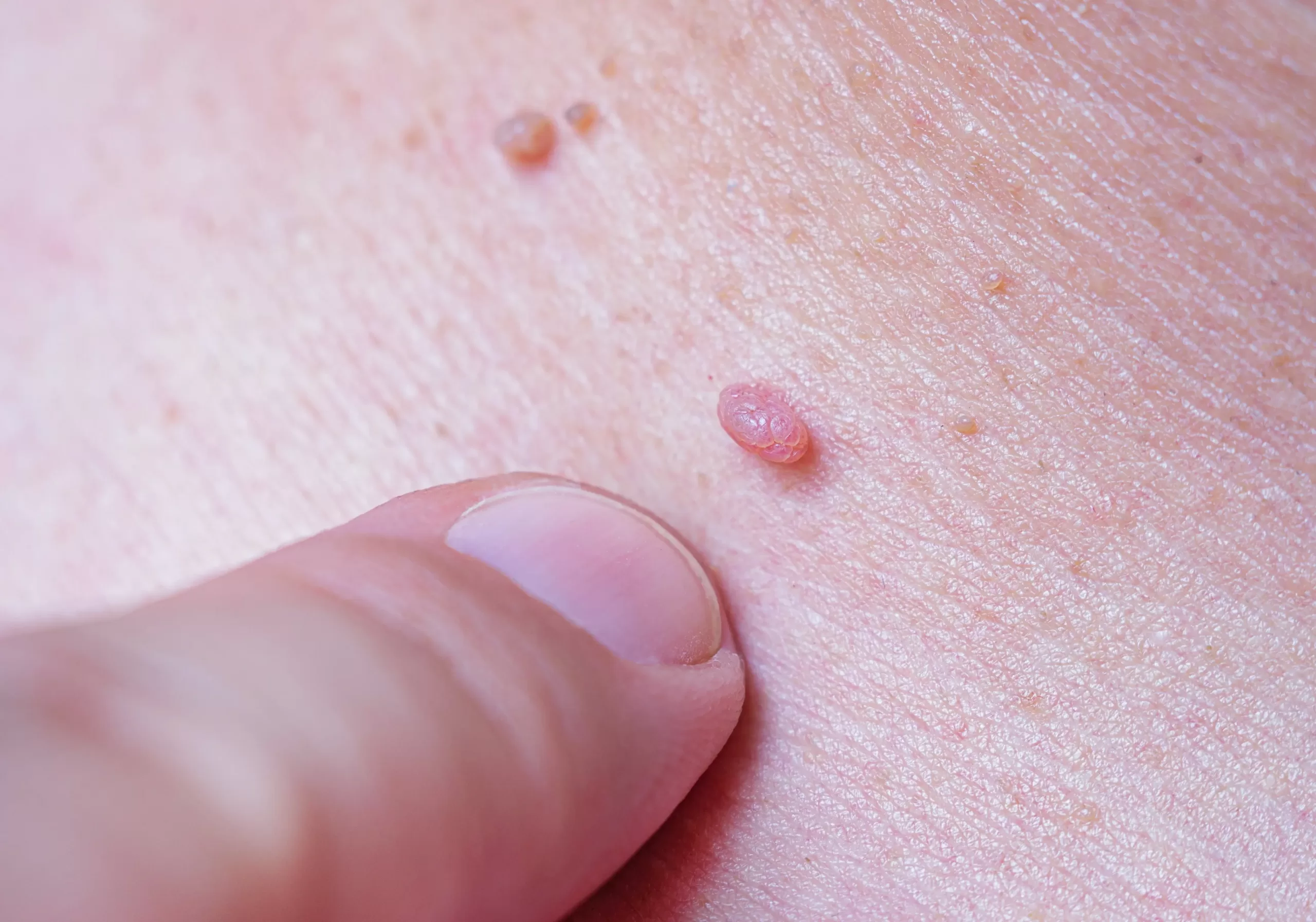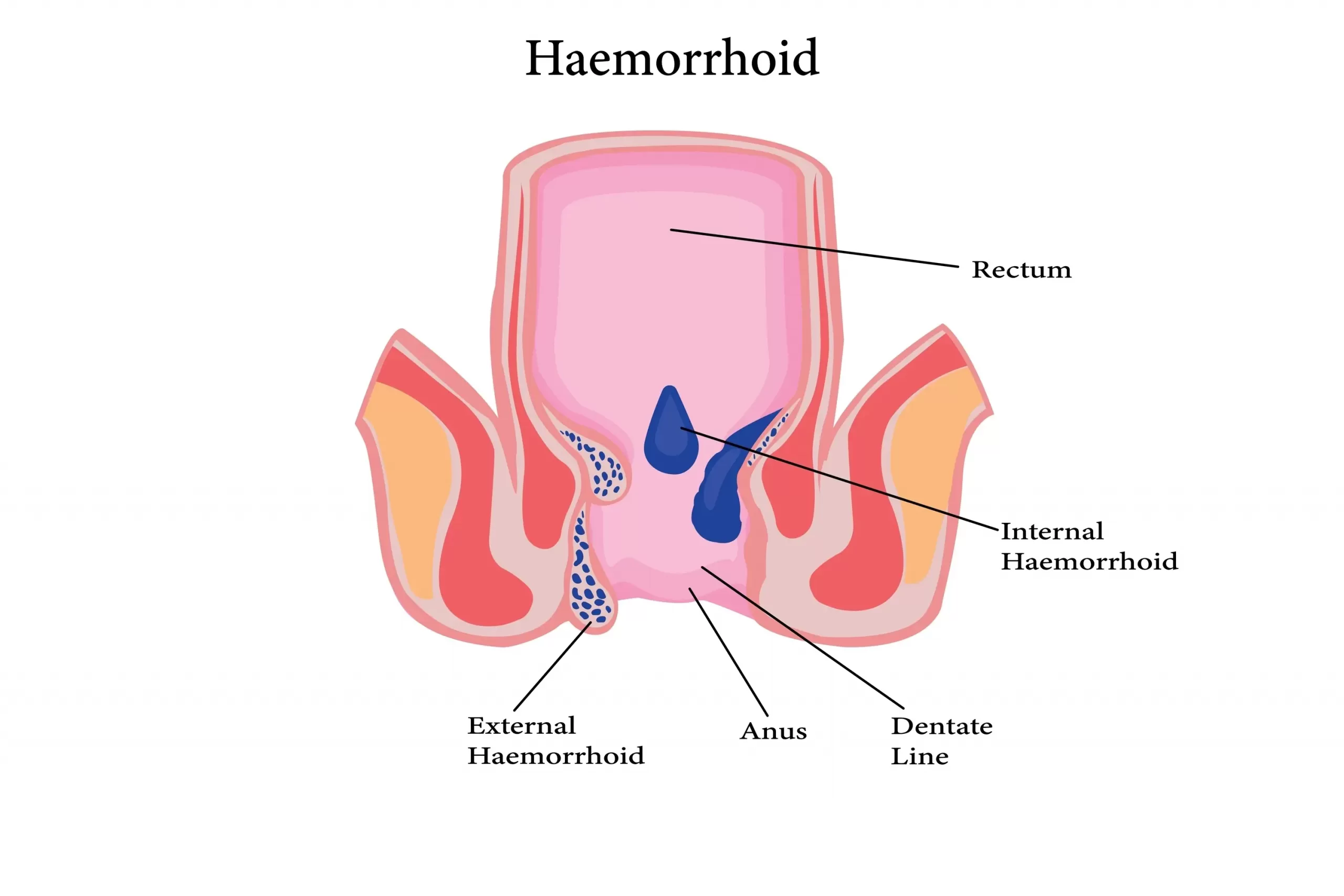Listeria
Medically Reviewed by Dr Jillian Lau
Last updated on 13.06.2024
What is Listeria?
Listeria (or Listeria monocytogenes to use its full name) is a bacteria found in soil, water and some animals, including cattle and poultry. It can occur in raw milk, foods made from raw milk and processed meats. It can also occur in food processing facilities. It is quite a “tough” bacteria, and can continue to grow in relatively cold temperatures, for example in a refrigerator. Listeria is killed by cooking or pasteurising foods. It can cause an illness in humans called Listeriosis.
How does Listeria get into fruit such as rockmelons?
Fruit and veg can become contaminated at any point during production, from the farm to the table. On a farm, the soil, irrigation water, water used to wash produce can all be sources of contamination. Heavy rain can splash soil containing Listeria onto low growing crops (like melons). Poor food hygiene during storage or preparation can also cause infection.
What are the symptoms of Listeria infection?
Many people exposed to Listeria will not develop symptoms. Some will experience a self limiting gastro-like illness, but others can become quite unwell and require hospitalisation. Symptoms of Listeria infection may include the following:
- Vomiting
- Diarrhoea
- Fever
- Weakness
- Muscle aches
- Stiff neck
- Confusion
- Complications in pregnancy: miscarriage, stillbirth and serious infection in newborns.
Who is most at risk of Listeriosis?
Whilst anyone can be infected with Listeria, certain groups of people are more at risk, including:
- The elderly
- Pregnant women
- Young children (infants/babies)
- People with weakened immune systems- e.g. due to HIV infection, chronic kidney disease, cancer or diabetes.
- Organ transplant patients who take drugs to prevent organ rejection are also more susceptible.
How is Listeria diagnosed and what is the treatment?
- Listeria may be suspected due to typical symptoms and/or a history of exposure to contaminated food during an outbreak
- Blood or stool (poo) samples can be tested to confirm the diagnosis.
- Treatment may involve a course of antibiotics, as well as rehydration and other supportive management.
How do you prevent Listeriosis?
There are some important food safety guidelines that can help to prevent Listeria infection. These include the following:
- Avoid unpasteurised milk or foods containing unpasteurised milk
- Rinse raw fruit and veg before eating it
- Cook meat and seafood thoroughly
- Try to eat perishable food as soon as possible (particularly deli or lunch meats)
- Separate uncooked meat and seafood from cooked foods, fruit and veg
- Wash hands, utensils and food preparation surfaces after preparing uncooked foods
- Anyone at high risk, such as elderly, pregnant or immunocompromised people, should take extra care with food preparation and where they source food they have not cooked themselves
If you have symptoms suggestive of Listeriosis, you should seek prompt medical attention.
Further Patient Resources
Article Resources
Buchanan RL, et al. (2017) A review of Listeria monocytogenes.
Human papillomavirus (HPV)
Human papillomavirus (HPV) Human papillomavirus or HPV is the most commonly transmitted sexual infection. In fact, if you have had any kind of sensual or intimate skin-to-skin contact with [...]
Haemorrhoids
Haemorrhoids Haemorrhoids, also known as piles, are a very common medical condition. The pelvis and anus have a lot of blood vessels, and around the rectum, some veins are [...]
Attachment styles in adult relationships
Attachment styles in adult relationships Attachment theory has been studied and widely accepted in relation to children and their caregivers, but over recent years there is much more focus [...]






